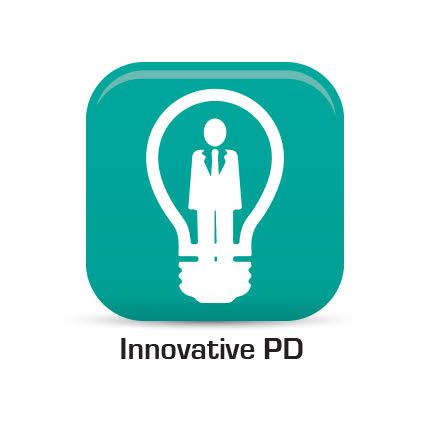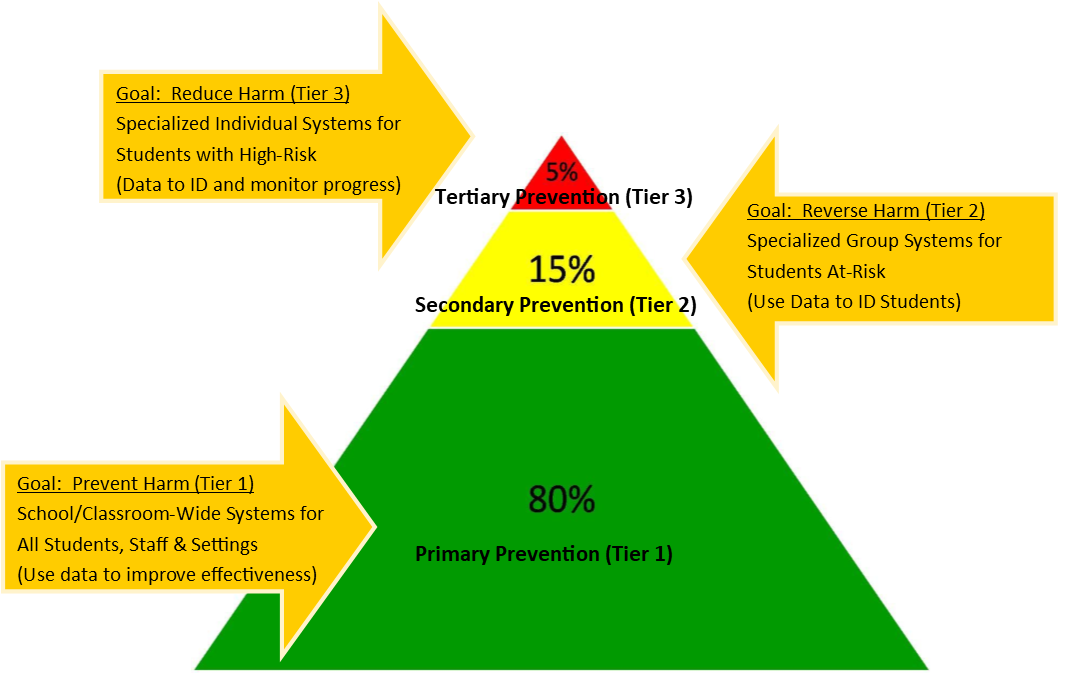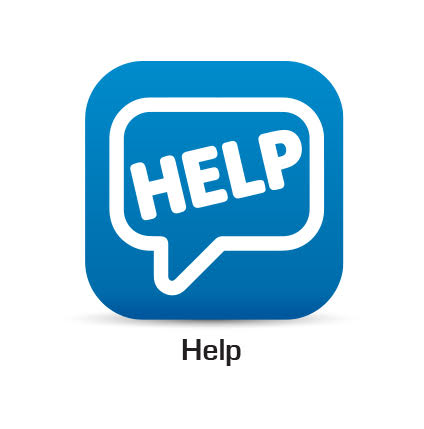What is PBIS?
What is Positive Behavioral Interventions and Supports?
Positive Behavioral Interventions and Supports (PBIS) is a multi-tiered  system of support focused on establishing safe and supportive school environments designed to meet the social, emotional, and behavioral needs of students.
system of support focused on establishing safe and supportive school environments designed to meet the social, emotional, and behavioral needs of students.
What does a "safe and supportive school environment" look like?
Students know what is expected of them and choose to follow those expectations because they:
Adults and students have more time to:
- Focus on relationships
- Focus on classroom instruction
There is an instructional approach to discipline
- Instances of problem behavior are opportunities to learn and practice prosocial behavior
Outcomes of PBIS
When implemented with fidelity, PBIS is associated with improvements in the following areas:
- Bullying Prevention - reductions in bullying behavior and peer rejection
- Climate & Safety - improvements in perceived school climate and safety
- Behavior Problems - reduction in office discipline referrals, detentions and suspensions
- Attendance - decreases in exclusionary discipline practices (time out of class) and increases in student attendance
- Academic Achievement - increases in student engagement, instructional hours, and academic performance
- Disproportionality in discipline - increased equity in discipline practices
(Waasdorp, et al., 2012;Bradshaw et al., 2010; Horner et al., 2009; McIntosh, et al., 2011)
Tiered Support for Students
All students receive universal social, emotional, and behavioral instruction at a Tier 1 level including teaching expectations and social skills, acknowledging appropriate behavior, building positive relationships with students, and correcting students in an instructional manner. Districts and buildings contextual their universal instruction to meet the needs of at least 80% of their student population. Some students will need additional interventions and support to prevent problem behaviors from intensifying. This level of support is referred to as “Tier 2” and may include interventions that teach social skills, provide more attention with a positive adult, give additional structure in the school day, and provide more feedback on behavior. Typically, about 15% of students will require this level of support. In addition, approximately 5% of students will need the most intensive “Tier 3” supports to reduce the frequency and intensity of severe problem behaviors through the development and implementation of an individualized support plan.

Tier 1 Examples:
- School-wide PBIS
- PBIS in the Classroom (CHAMPS Classroom Management)
- Social Emotional Learning curriculum (e.g. Second Step; Michigan Model for Health)
- Bullying Prevention Program
Tier 2 Examples:
- Check-In, Check-Out
- Small Group Social Skills groups
- Mentoring
Tier 3 Examples:
- Functional Behavioral Assessments & Positive Behavior Support Plans
- Wrap-Around Services
PBIS & School Mental Health Integration
Throughout Muskegon County community partners such as Hackley Community Care and HealthWest are providing mental health services to students within the school setting. The Interconnected Systems Framework (ISF) provides a model for the integration of mental health and school systems to improve student outcomes. According to the Midwest PBIS Network, “ISF is a structure and process to integrate Positive Behavioral Interventions and Supports and School Mental Health within school systems. The goal is to blend resources, training, systems, data, and practices in order to improve outcomes for all children and youth. There is an emphasis on prevention, early identification, and intervention of the social, emotional, and behavior needs of students. Family and community partner involvement is critical to this framework.”
Additional resources are provided via email request. To make a request via email, please use the HELP button above.
Contact Information:
Kiana Longnecker
School Climate and Culture Consultant
Phone: 231-767-4373
Contact Kiana Longnecker via email
Amy Dykes
Administrative Assistant
Phone: 231-767-7339
Contact Amy Dykes via email
School Climate and Culture Coaches
Contact Kristen Anderson via email
Contact Kelly Hoekenga via email

